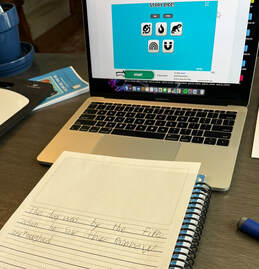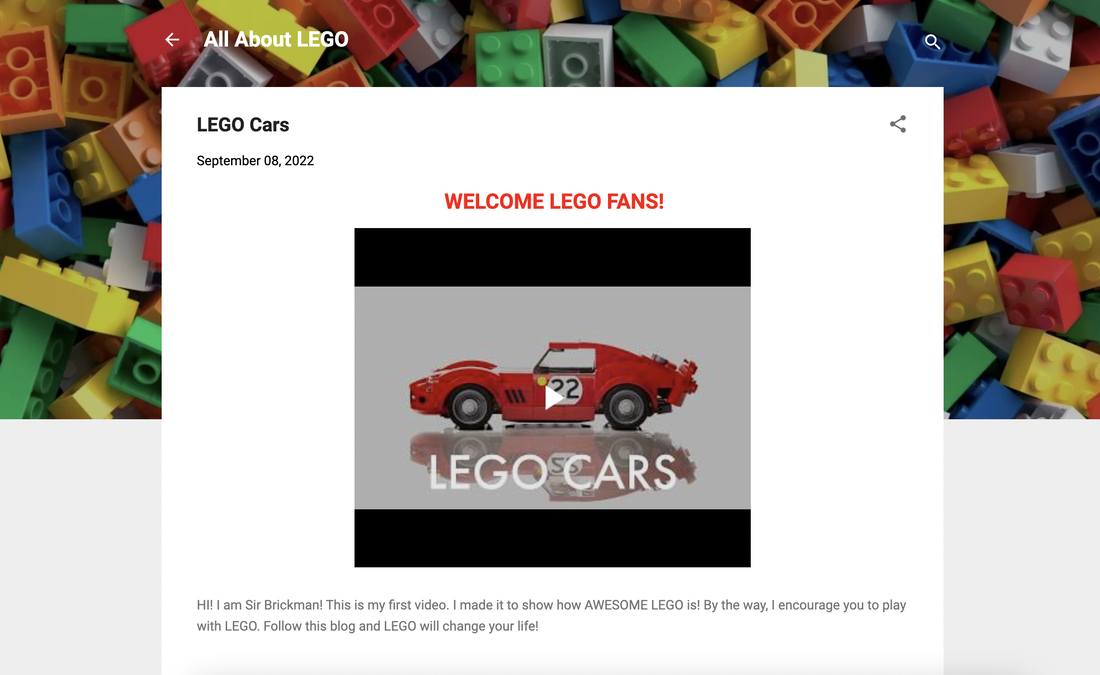|
I just finished listening to Emily Hanford's podcast series, Sold a Story. In it, she discusses current reading teaching methods, Science of Reading, and popular authors and publishers of reading and writing curricula. It's fascinating, to say the least. Much of it rang true to me because I have lived it through my work as an educator, a teacher-trainer, an adjunct, a Literacy Specialist, and a small business owner focusing on literacy. The point that sticks with me from the final podcast in the series is the number of teachers who started questioning their teaching methods because they had a child or children of their own who struggled to learn to read. Why is this, when so many kids in classrooms across the country also struggle to read?
Over the years, I have heard numerous comments from some colleagues indicating that students aren't successful in intervention because of factors inherent in the student or the student's home. Some examples include ability to focus, language spoken at home, home practice of skills, and motivation. The subtext here is that the student must fit the intervention instead of the intervention meeting the needs of the student. I don't think that the educators I know have purposely set out to place obstacles in the path of a student's literacy learning. Teachers want students to succeed; but when the training and materials available only work sometimes, they feel desperate to understand why. They are also told that they need to figure this out because they are responsible for student outcomes regardless of the research available on the efficacy of the methods they are expected to use. This is why, at Merten & Morgan, we have continued to learn and expand our knowledge of the reading process which includes current research on the brain and how it learns to read and write. We have a wide array of tools we can use with kids based on what is needed. This includes writing and comprehension instruction which motivates learners to read and write more. Instead of blaming the child, we support the child because we know the child through specialized assessments and effective instruction. We hope that soon the conversation about reading will lead to support and successful literacy learning for more kids. If you want to know more about what we do for families, students, and educators, reach out in the comments below, on our facebook page, or at [email protected]. We would love to hear from you. Comments are closed.
|
Details
AuthorMerten & Morgan Consulting, LLC ArchivesCategories |



 RSS Feed
RSS Feed